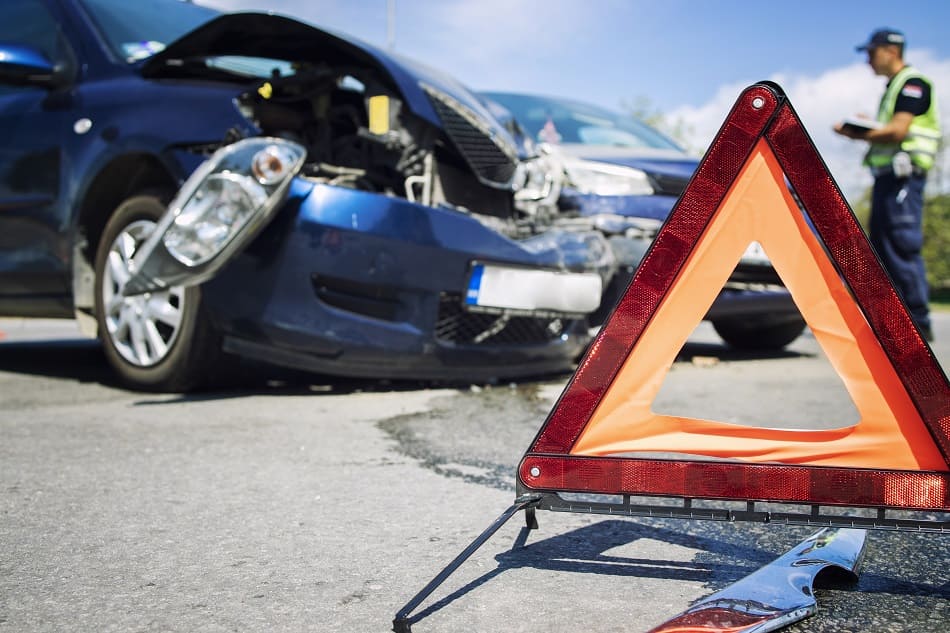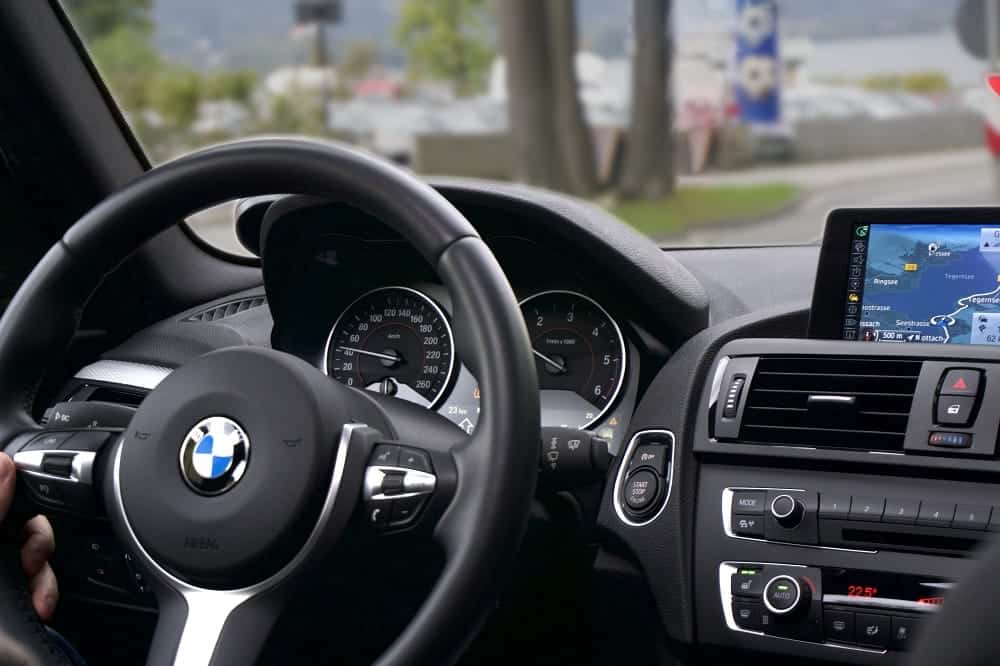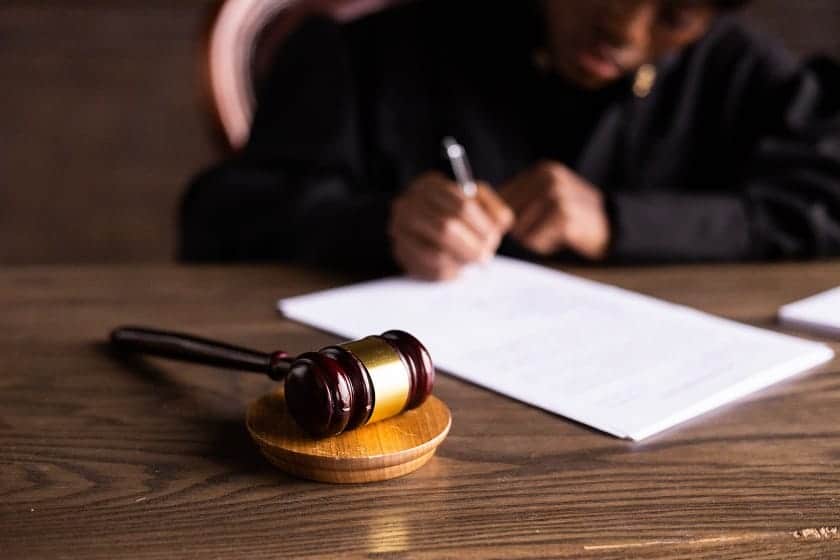Traffic camera usage has seen a steady increase from the early 90s into the mid-2010s. By 2021, about 344 U.S. communities were using red light camera programs specifically, according to public information tracked by the Insurance Institute of Highway Safety (IIHS).
With traffic camera usage being a recent topic addressed by the Ohio Supreme Court, now is a great time to answer a few questions for drivers who may be facing speeding tickets related to traffic camera usage and what that means for them in Ohio.
Are There Speeding Cameras in Ohio?
Yes, there are speeding cameras in Ohio.
They are not everywhere, but certain cities and municipalities choose to use them.
Are Camera Tickets Enforceable in Ohio?
Ohio has been using camera tickets for traffic violations since the early 2000s. But many people still have questions about their enforceability, payment procedures, and impact on driving records. Currently, there are over 20 cities in Ohio that rely on camera tickets to enforce traffic rules.
One of the most common questions about camera tickets is whether they are enforceable in Ohio. The answer is yes. Failure to respond to a camera ticket or appear in court can lead to driver’s license suspension. This means that you can’t renew your license or register a new vehicle until you’ve paid the fines and other associated fees. Unpaid camera tickets can also lead to higher insurance premiums upon renewal.
Are Traffic Cameras Legal in Ohio?
In 2004, Ohio passed a law that allowed cities to install red-light cameras and speed cameras to issue tickets to drivers who violate traffic laws.
The legality of traffic cameras in Ohio is not solely based on the state law but also on individual city ordinances and court rulings. While Ohio law allows traffic cameras, it does not require their use, and it allows each city to set its guidelines and procedures for the cameras. Some cities in Ohio have chosen to remove traffic cameras altogether, such as Garfield Heights, which cited the high cost of operating and enforcing them.
Traffic camera tickets in Ohio face many legal challenges, including citing the violation without the driver’s identity, violating the equal protection and due process clauses, and contradicting the city’s own traffic codes.
Can You Get a Traffic Ticket from a Camera in Ohio?
Traffic cameras can be used for the purpose of detecting traffic violations, as laid out by Section 4511.093 of the Ohio Revised Code, with certain stipulations.
Stipulations laid out include that a local authority “shall use a traffic law photo-monitoring device to detect and enforce traffic law violations only if a law enforcement officer is present at the location of the device at all times during the operation of the device and if the local authority complies with sections 4511.094 and 4511.095 of the Revised Code.”
Traffic cameras can also not be used to enforce or detect traffic violations on interstate highways.
For further information regarding how Ohio state law may apply to your speeding ticket from a traffic camera, be sure to reach out to The Maher Law Firm for more specific assistance.
Can I Ignore a Camera Speeding Ticket?
Ignoring a camera speeding ticket may not be your best option. If you ignore the ticket, the fine will increase, and your driving record will be negatively affected. You can even receive a court summons, which will cost you more in legal fees and time. When the ticket arrives, it’s best to pay it or dispute the ticket.
If you’re not sure whether or not the ticket is valid, it’s best to dispute it in court. You may even end up avoiding the ticket altogether if the ticket was not issued correctly. To dispute the ticket, you’ll need to go to court. You can dispute the ticket by presenting evidence that the camera didn’t function correctly, that the speed limit signs were not clear or visible, or that you were not driving the car at the time of the violation.
What Happens if You Don’t Pay a Traffic Camera Ticket in Ohio?
With a traditional traffic ticket in Columbus Ohio, you can expect to face potential penalties like license points, an increase in your car insurance rates, and even possible license suspensions depending on how many points were already on your license, whether or not you had insurance at the time of the stop, and if your violation could be considered reckless.
A traffic camera ticket differs from a traditional ticket, in most cases. Traffic camera tickets in Ohio, typically are not treated like a regular speeding tickets. They are often considered civil violations that result in a financial penalty yet do.
How Do I Fight a Camera Ticket in Ohio?
To fight a camera ticket, you will want to fight it just as you would any other traffic ticket. When issued a traffic ticket, you have a few choices: signing and returning the ticket with any payments owed or appearing for the court date that is listed on the ticket. You will also be able to request a hearing.
Once you are issued a ticket and you request a hearing or choose to appear in court, consult with a Columbus speeding traffic ticket attorney before you do anything. They can provide legal insight, help you understand why the ticket was issued, and help take you through the process of fighting the said ticket.
Your attorney will go on to analyze important details surrounding your Columbus Ohio traffic ticket like making sure the citation was correctly filled out and properly filed.
Speak with a Columbus Speeding Ticket Attorney
Speeding tickets are something that you can certainly pay for or try to fight against on your own. That being said, having the assistance of an experienced Columbus speeding ticket attorney can make big difference.
Columbus traffic defense attorney Colin Maher has handled thousands of cases from minor traffic violations to serious traffic offenses as well as criminal cases. Speeding tickets, whether received through traffic cameras or other means, can quickly add up given the various fines, court costs, insurance rate increases, and other penalties associated with them.
Reach out to Colin Maher today for a free phone consultation. You can contact him online or speak with him directly by calling 614-205-2208.









